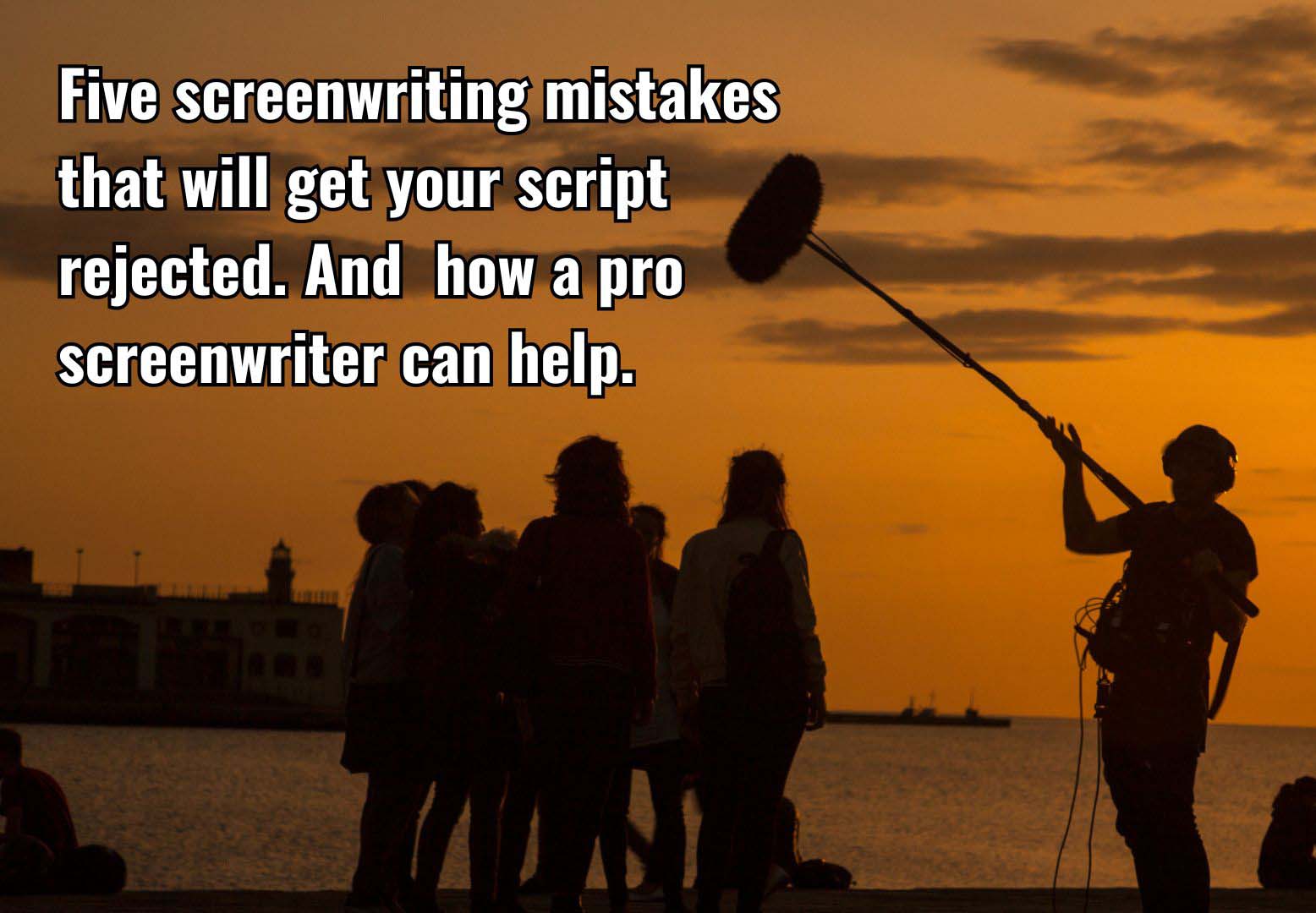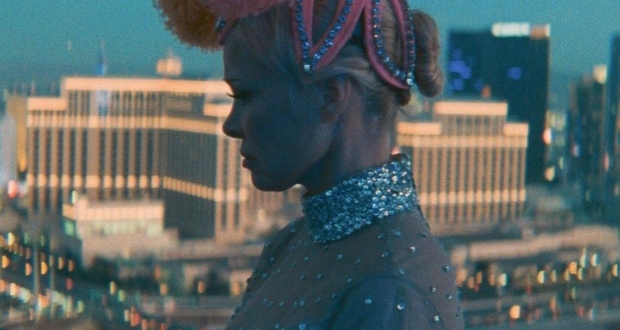Screenwriting is more of an art than science. It’s the axis from which all the other cogs of filmmaking spring. Directors, producers, actors, actresses, extras, and all the crew members wouldn’t be on set and making movies without a good script. However, not anyone can just grab their laptop and type out a script. Well, okay, yes they could, but words are just words until they create magic.
Screenwriters who are new at the craft tend to make the similar mistakes and that’s why they often need professional help. Sometimes a screenwriter might keep trudging away because they want to be the credited writer, even though the script is not coming out as they intended. That’s where a ghostwriter comes in.
A scriptwriter is a behind-the-scenes player in the film business, and a ghostwriter is a behind-the-behind-the scenes player, but oh so important. The ghostwriter can make or break a film by turning a ho-hum or badly-written screenplay into gold, while the screenwriter takes all the credit.
So, what are the top five screenwriting goofs?
1. Scene Description / Action Text
There are times when you can insert some inner dialogue into your script, but what you can’t do is assume the audience will read your character’s mind unless you lead them there. An example would be writing in the script “She bumps into him on the street and is immediately uncomfortable.” It should really go like this …”She bumps into him on the street and her face flushes as she stammers without making eye contact.” Show, don’t tell. Get it?
2. Dialogue
Dialogue is one of the easiest ways to spot a newbie screenwriter. The dialogue should be written the same way that someone speaks. Most people don’t say “I cannot go” or “I do not know.” It’s “I can’t go” or “I don’t know.” Another mistake is on-the-nose dialogue where the character says exactly what they feel. Most people don’t say “I feel like this boat is too small for the size of that shark.” Instead, they say “You’re gonna need a bigger boat.” When Maverick says “I feel the need … the need for speed!” We know exactly what he’s saying without him spelling it out.
3. Character Development
It can be easy to create one-dimensional characters but on the screen, they are boring. The dumb blonde, the nerd in glasses, the muscular jock. An experienced screenwriter will create depth by adding other elements to their characters that play out over the course of the film. In Legally Blonde, Elle started out as the vapid dumb blonde, but by the end of the movie we saw that she did have brains, she just used them in a different way.
4. Lack of Conflict
Just because you’re writing a comedy doesn’t mean there can’t be conflict. In order for it to be good, it must have conflict to resolve. Just Friends did it well when Ryan Reynolds’ character reverted back to his awkward high-school self when he revisited his hometown. Bad Mom’s Christmas had the conflict between mother and daughter as the main plotline. Conflict is a screenplay’s best friend. And it is like real life.
5. Bad Ending
When someone reads your screenplay or watches your movie, they are investing themselves into your story. If you take them on a journey with no resolution, you’re leaving them flat. New screenwriters can be good at building a mystery but never quite nail the ending. A good ending ties up all the loose ends but always leaves the audience begging for more. An ending without a resolution can leave the audience frustrated or angry. Example? No Country for Old Men. The audience paid money and invested time in your story. It’s not a good idea to get on their bad side.
These are all things that a ghostwriter will look for and fix in your screenplay. So, if you’re thinking of writing a screenplay, are halfway through, or are already finished, check out a ghostwriting services company like Ghostwriters Central, Inc. They’ll pair you with a ghostwriter who’s been vetted and has worked with them many times.
The goal is to give your screenplay the best-possible chance with a literary agent, with studio script readers and with producers. Those people are ruthless. Your story must survive their review.












